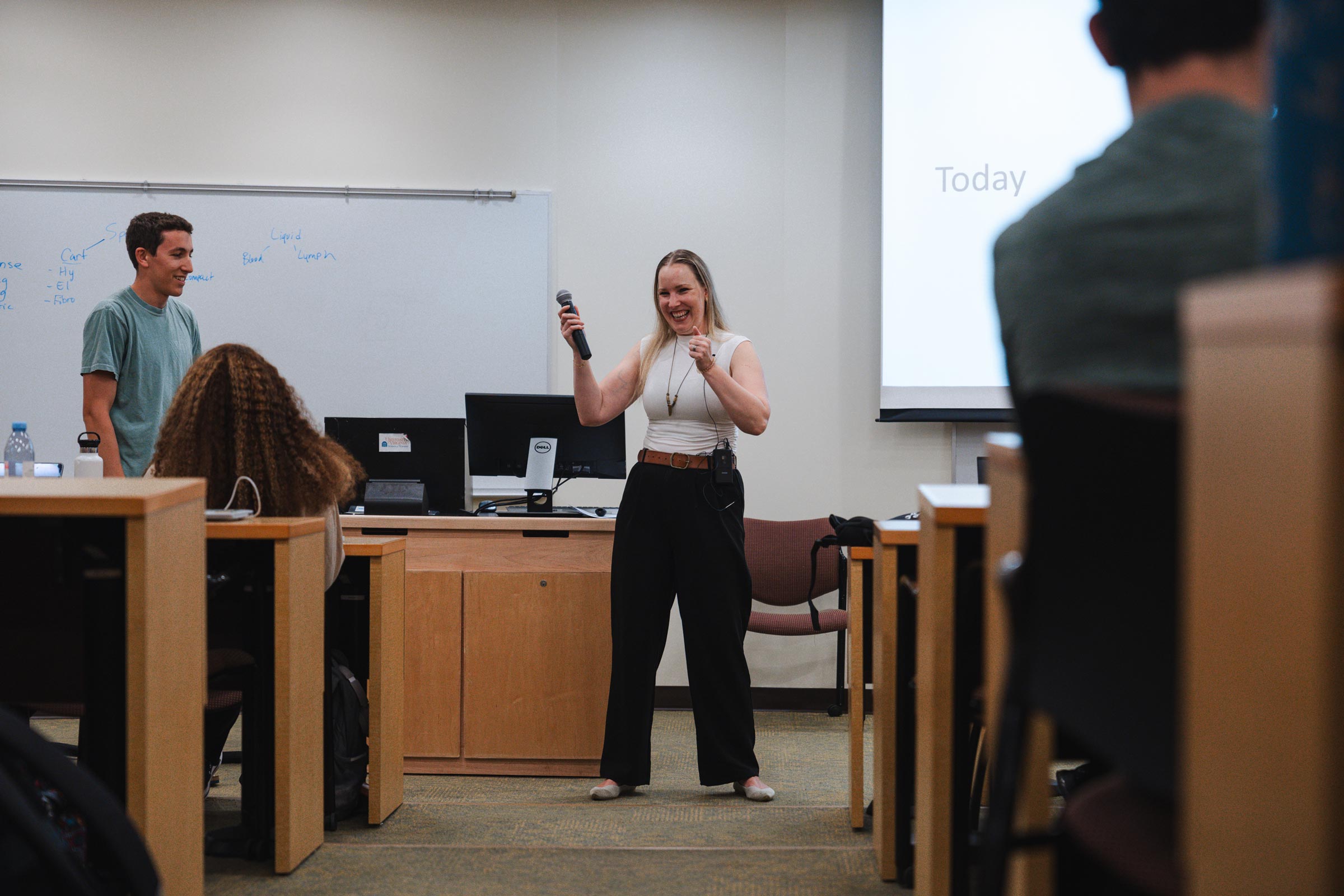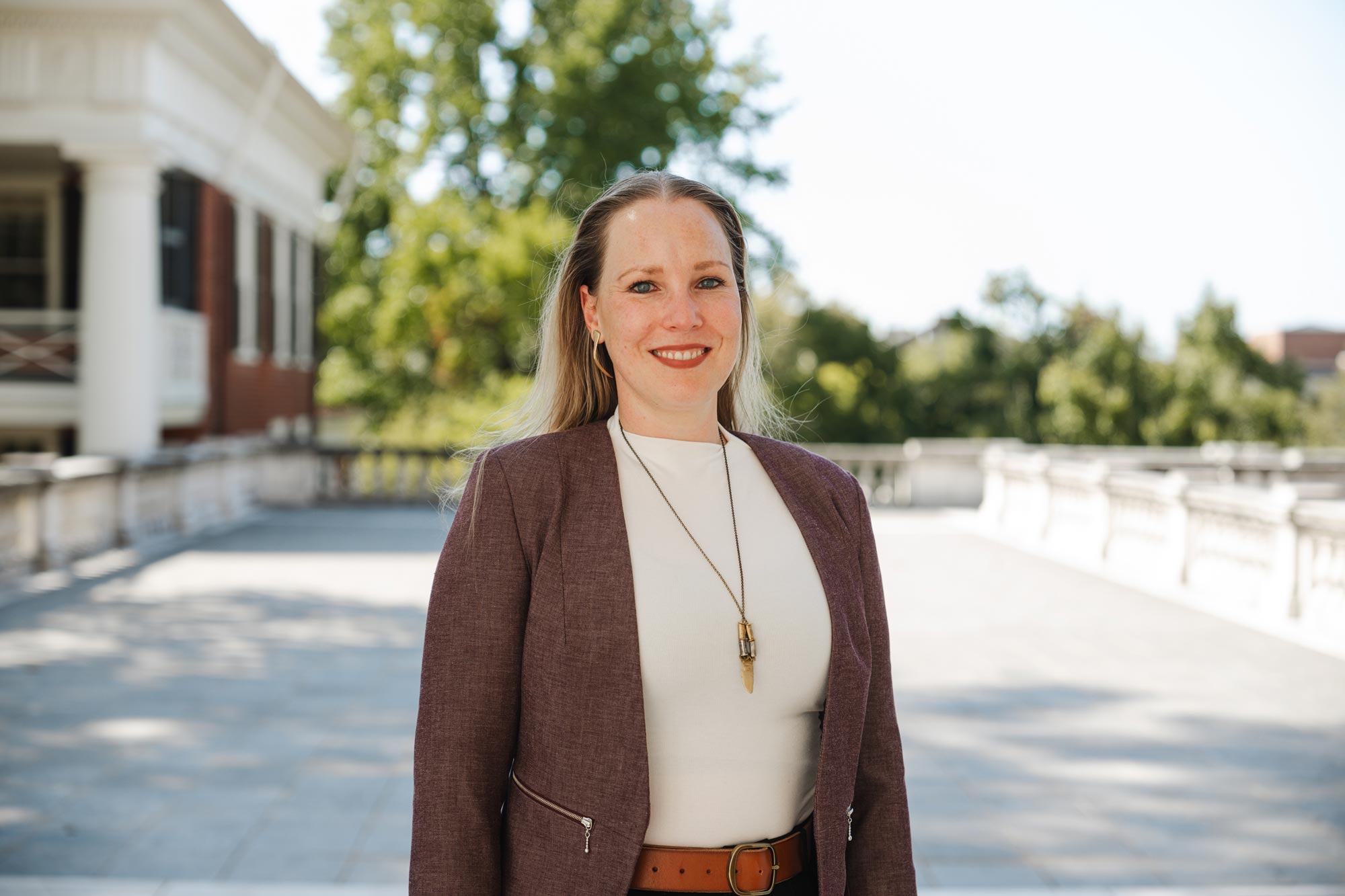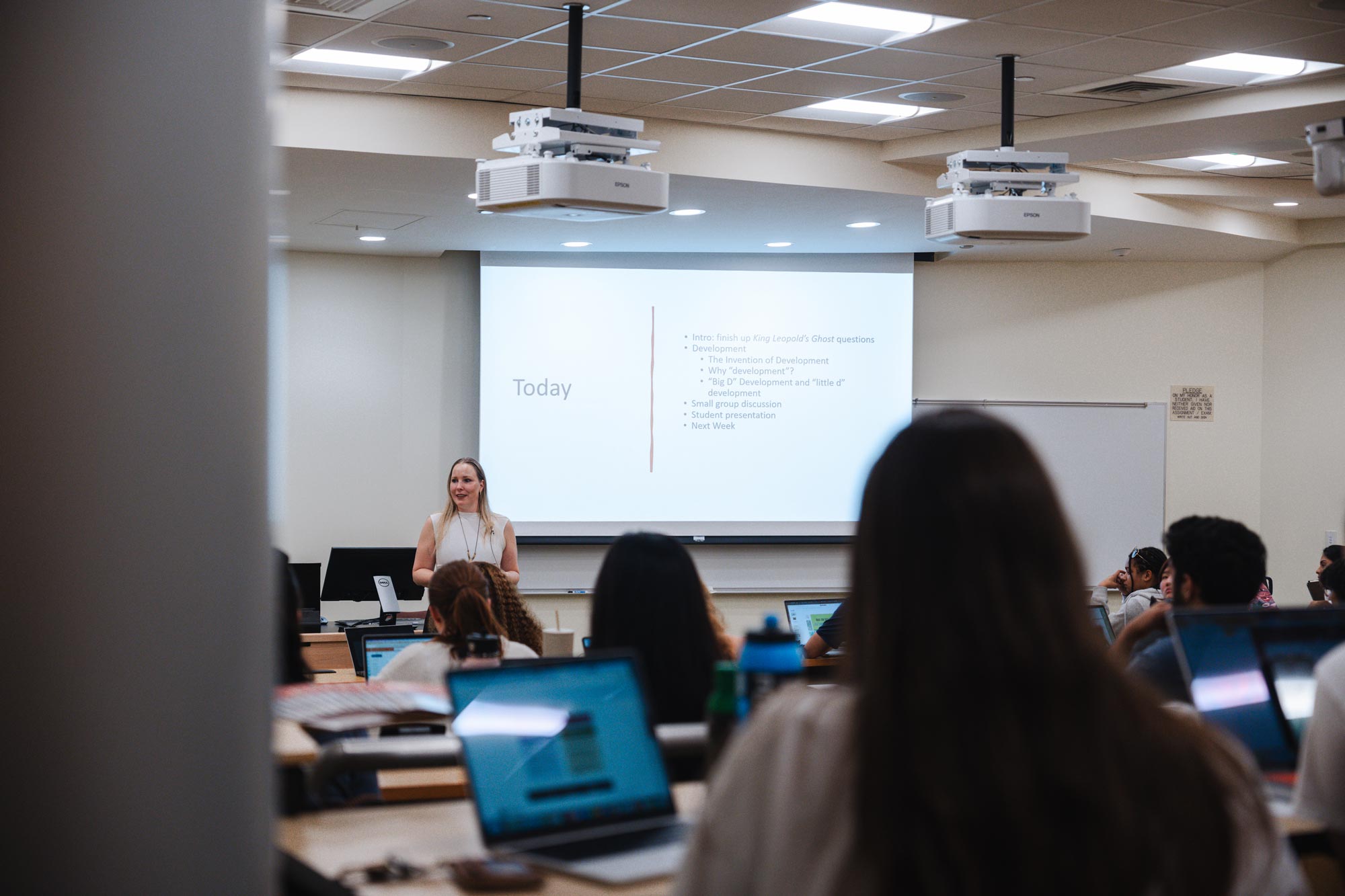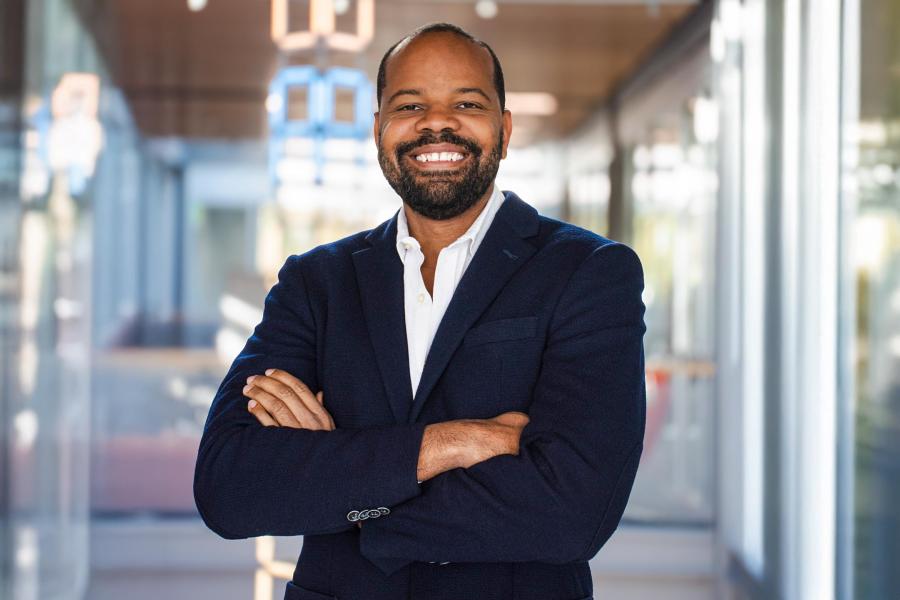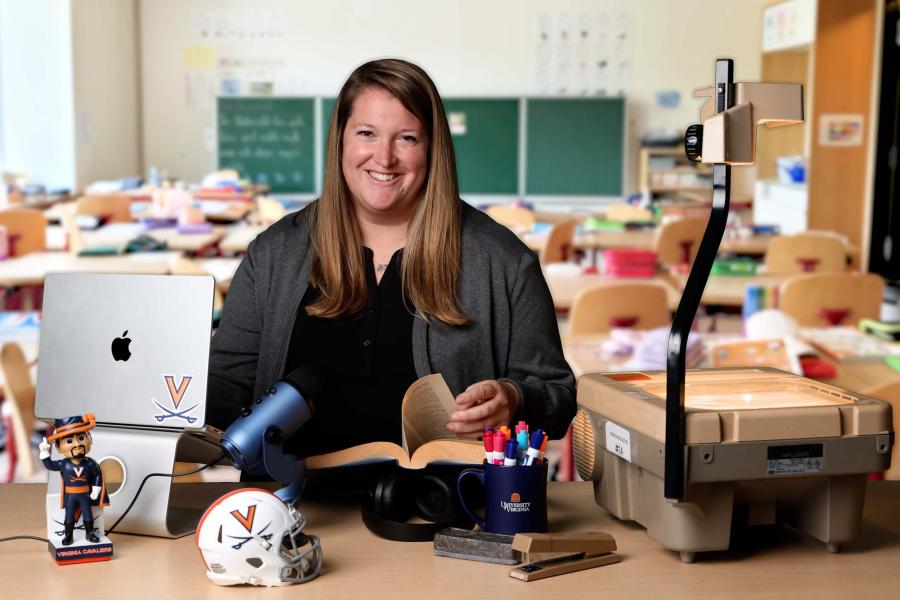“She has learned different ways to lecture, to attend to students’ differing styles of learning,” Handler said. “She alternates theoretical explanations with real-life examples and illustrations and includes audio-visual materials to offer further elaboration in different formats.”
Tidey was introduced to anthropology as a 16-year-old geography student, but her teacher discouraged her, saying there were no jobs. When she got to college, Tidey considered psychology, law and other fields until one evening she walked in on an anthropology talk. She deluded herself that she would only get one degree in anthropology and then move on. She stayed through a doctorate and post-doctoral work.
For her fieldwork, Tidey examined corruption in Kupang, Indonesia, on the island of Timor. The mayor, just elected on an anti-corruption ticket, gave her an all-access backstage pass to his departments to examine “corruption.”
She found what seemed black and white was really shifting greys, with disagreement on what was “bad” and what helped people when the government was the primary employer. Residents did not see cheating on expense reports or hiring relatives for public jobs as “corruption” as much as helping people. There were a variety of euphemisms for bribes, including “thank you money” or “bus money.”
